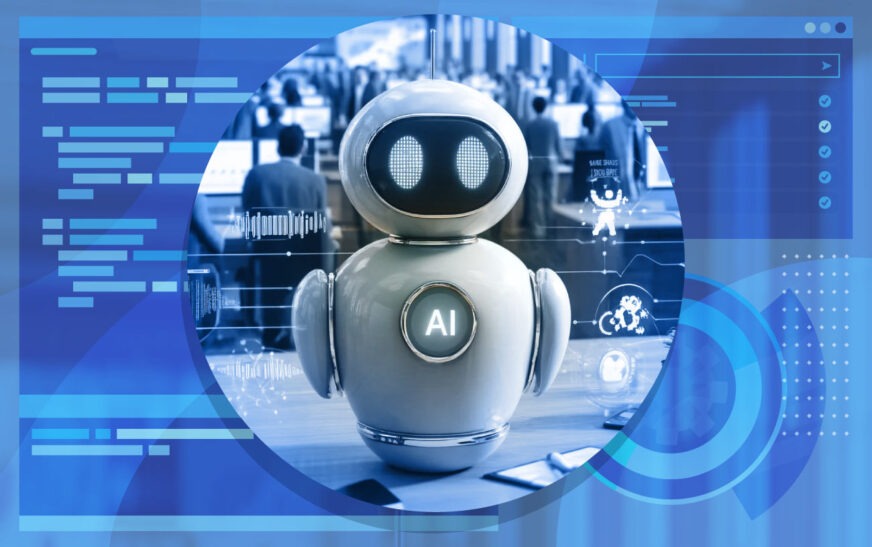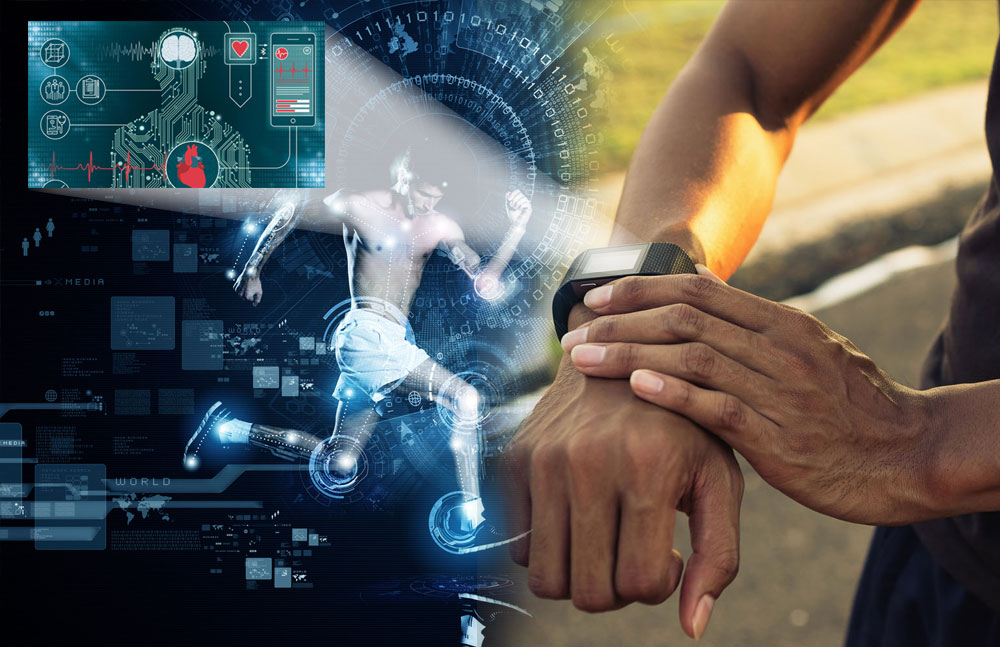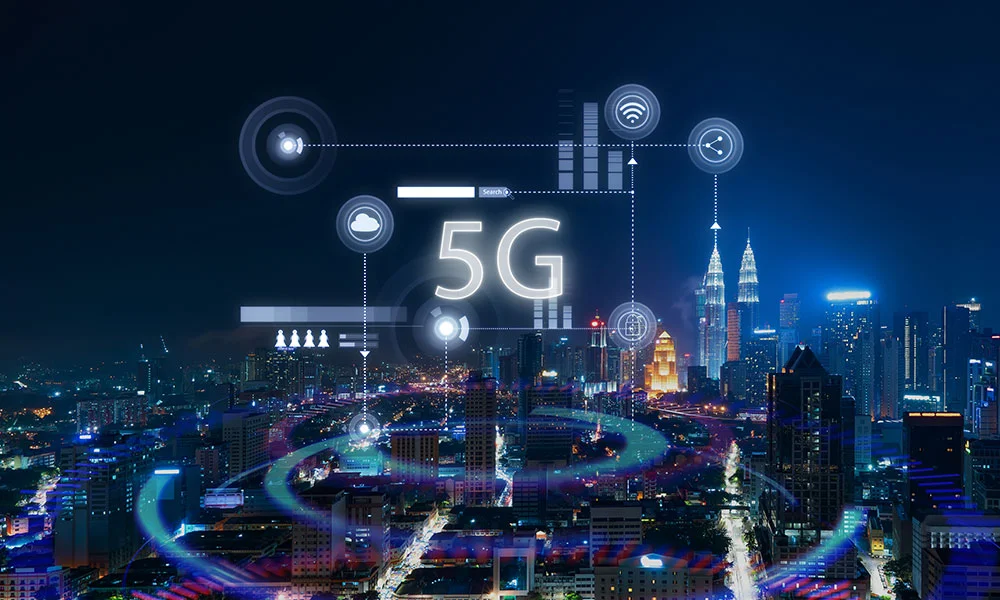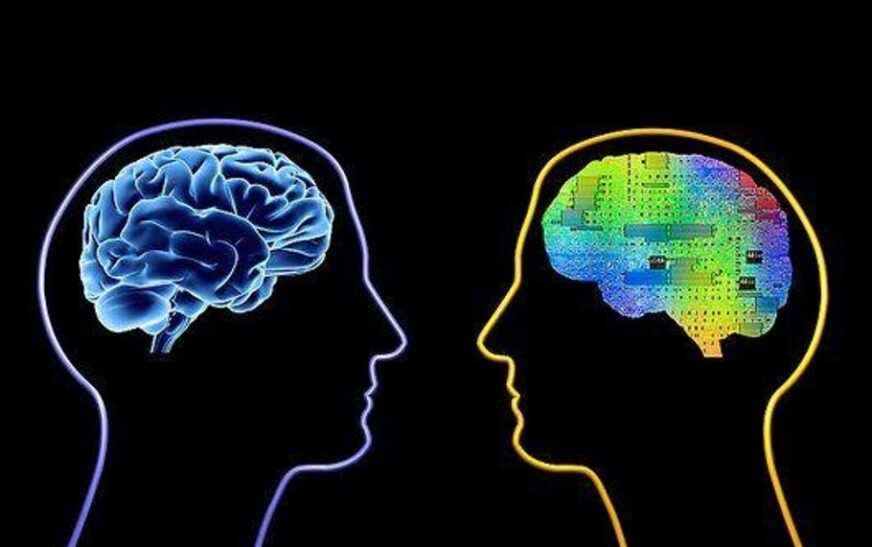Introduction to AI-powered assistants
Imagine waking up to the gentle hum of your smart assistant reminding you of your day’s schedule while brewing coffee just the way you like it. The world of technology is evolving at a rapid pace, and AI-powered assistants are leading this revolution. These devices are not only transforming our daily routines but also changing how we interact with our homes and work environments. As smart devices become increasingly integrated into our lives, they’re getting smarter, intuitive, and more helpful than ever before. Let’s explore the rise of these innovative tools that promise to make life easier and more efficient for everyone!
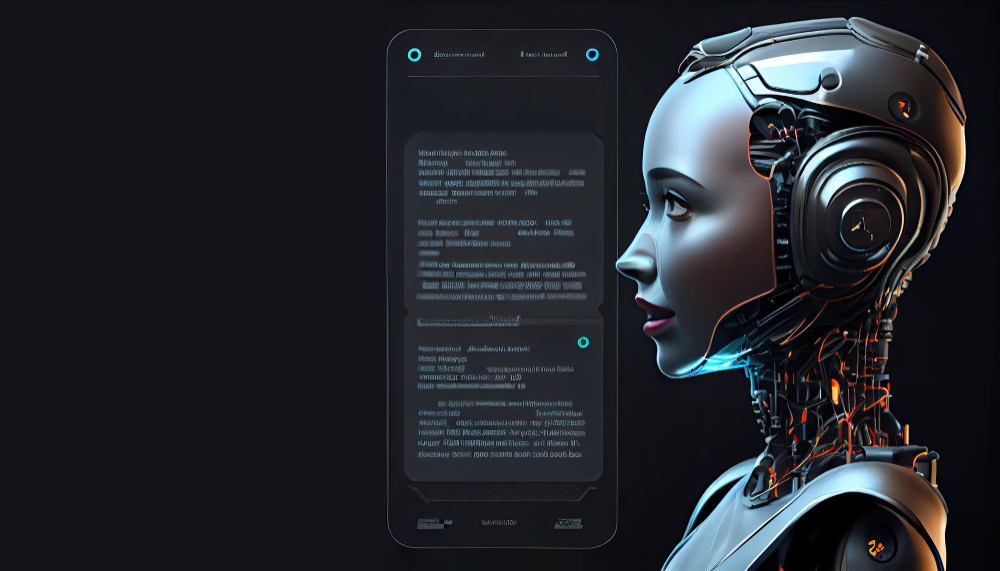
Evolution of smart devices and AI technology
The evolution of smart devices has been nothing short of remarkable. From basic mobile phones to today’s multifunctional gadgets, technology has transformed our daily lives.
Early iterations focused on connectivity and communication. As the internet gained speed, so did the capabilities of these devices. Smartphones emerged as mini-computers, enabling apps that could perform various tasks.
Enter artificial intelligence: a game changer in this transformation. AI brought unparalleled personalization and efficiency to smart devices. Voice recognition became commonplace with digital assistants like Siri and Alexa.
As machine learning algorithms advanced, so did their ability to understand context and user preferences. This leap allowed for smarter interactions between humans and machines.
Now, we see integration across platforms—smart homes brimming with interconnected gadgets working seamlessly together. The boundaries are constantly expanding as innovation pushes forward into uncharted territories where possibilities seem endless.
Key players in the market: Amazon, Google, Apple
Amazon, Google, and Apple are leading the charge in the AI-powered assistant market. Each company brings a unique flavor to smart device technology.
Amazon introduced Alexa through its Echo products. The voice-activated assistant quickly became popular for home automation and entertainment. Its extensive third-party integrations make it a favorite among users who enjoy customizing their smart environments.
Google followed suit with Google Assistant. Known for its advanced natural language processing capabilities, it integrates seamlessly with various services like search and calendar management. Users appreciate how intuitive interactions feel, making daily tasks easier to manage.
Apple’s Siri has been around longer than most competitors. While initially limited compared to others, recent updates have enhanced its functionality within Apple’s ecosystem of devices. Users benefit from smooth integration across iPhones, iPads, and Macs.
The competition is fierce but healthy as these tech giants continue pushing boundaries in innovation.
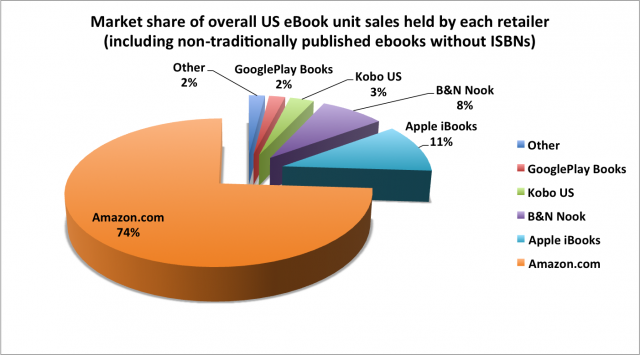
Advantages of using AI-powered assistants
AI-powered assistants bring a wealth of advantages to everyday life. They simplify tasks and streamline routines, making daily activities more manageable.
Imagine asking your device for the weather while whipping up breakfast or setting reminders without lifting a finger. Convenience is at your fingertips.
These smart devices learn from user interactions, adapting to individual preferences over time. This personalization enhances efficiency because they know how you like things done.
Additionally, AI assistants can handle multiple tasks simultaneously. Need to play music while checking emails? No problem!
They also boast impressive integration capabilities with various smart home systems, turning your house into an automated hub that responds seamlessly to voice commands.
With increasing accuracy in understanding natural language, communication feels more intuitive than ever before. You’re not just talking at a machine; you’re engaging with it in real-time conversations that adapt and evolve as you do.
Common features and capabilities of smart devices
Smart devices have transformed how we interact with technology daily. They come equipped with a variety of impressive features that make life easier.
Voice recognition is one standout capability. Users can control their devices hands-free, making tasks seamless and efficient. Whether it’s turning on lights or checking the weather, just a simple command does it all.
Another common feature is integration with other smart home systems. This interconnectedness allows users to manage various devices from a single platform, enhancing convenience.
Personalization is also key. AI-powered assistants learn user preferences over time, tailoring responses and suggestions to fit individual needs perfectly.
Security features are increasingly vital as well; many smart devices offer advanced encryption and monitoring options for added peace of mind.
Automation plays a significant role in these gadgets’ functionality. Scheduling tasks like watering plants or adjusting thermostat settings ensures efficiency in everyday routines.
Impact on daily life and productivity
AI-powered assistants have seamlessly integrated into our daily lives. They help us manage tasks, set reminders, and even control smart home devices with a simple voice command. This convenience allows for smoother routines.
Imagine waking up to a gentle alarm that gradually increases in volume while your coffee brews automatically. These devices take care of the mundane, freeing up time for more important activities.
In professional settings, AI assistants can schedule meetings, send follow-up emails, and analyze data trends. They enhance productivity by streamlining workflows and minimizing distractions.
Moreover, their ability to learn user preferences means they become increasingly efficient over time. As they adapt to individual habits, these smart devices provide tailored support that boosts both personal efficiency and overall satisfaction in everyday life.
Potential concerns and limitations
While AI-powered assistants bring numerous benefits, they also raise several concerns. Privacy is a significant issue. Many users worry about how their data is collected and used by these smart devices.
Then there’s the potential for misuse of technology. Hackers can exploit vulnerabilities, leading to unauthorized access or control over personal information.
Dependence on AI could hinder critical thinking skills. Relying too much on digital assistance may diminish our ability to solve problems independently.
Moreover, not all voice recognition systems are perfect. Misunderstandings can lead to frustration or even incorrect actions being taken based on commands.
There’s the risk of job displacement as automation gains traction in various sectors. This shift may create economic challenges for many workers who find their roles obsolete in an increasingly automated world.
The future of AI-powered assistants
The future of AI-powered assistants promises a fascinating evolution. As technology advances, these devices are likely to become even more intuitive and personalized. Imagine an assistant that understands your preferences better than you do.
Integration with other smart home technologies will enhance their capabilities. Picture seamless communication between your thermostat, lights, and security system—all controlled by one intelligent interface.
Voice recognition is expected to improve significantly. This means fewer misunderstandings and faster responses in daily interactions.
Additionally, the incorporation of advanced machine learning algorithms will allow assistants to predict needs based on previous behavior patterns. Your assistant could prepare reminders or suggest actions before you even ask.
As privacy concerns continue to be a topic of discussion, manufacturers may implement stronger safeguards for user data while still providing robust functionality.
With possibilities expanding every day, the landscape for AI-powered assistants looks incredibly promising as they become indispensable tools in our lives.

Conclusion
The rise of AI-powered assistants marks a significant shift in how we interact with technology. Smart devices are becoming more intuitive and user-friendly, making them an integral part of our daily routines. As they evolve, the impact on productivity and efficiency continues to grow.
With key players like Amazon, Google, and Apple leading the charge, these smart technologies are constantly being refined. The advantages they offer—such as seamless integration into our lives and enhanced convenience—are hard to overlook.
However, it’s essential to remain aware of potential concerns surrounding privacy and security that come with these advancements. Understanding their limitations is just as important as recognizing their capabilities.
Looking ahead, the future seems bright for AI-powered assistants. As innovations continue to unfold, we can expect even smarter devices that adapt better to our needs. The journey toward a more connected world has only just begun; it’s exciting to think about what comes next in this rapidly evolving landscape.

